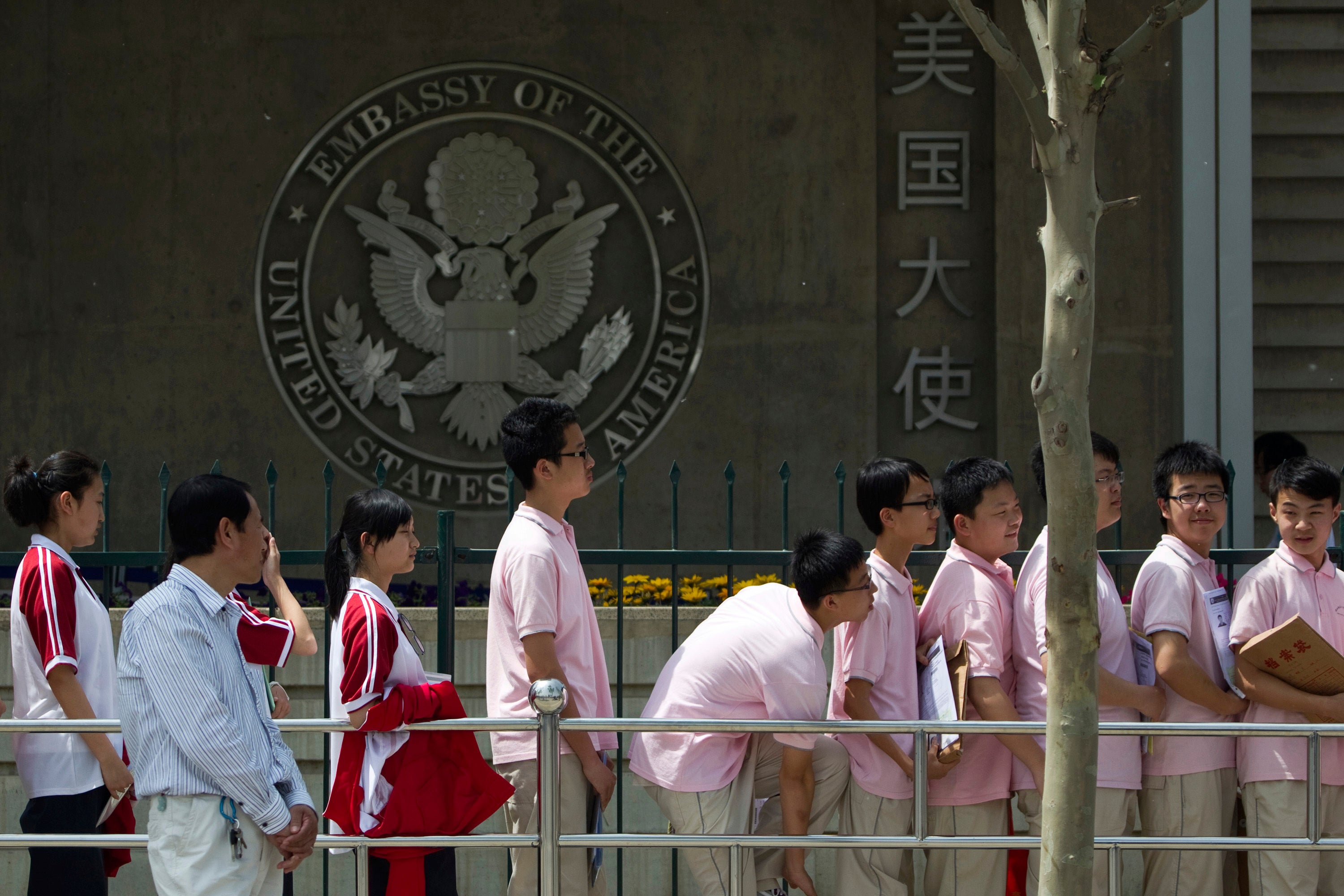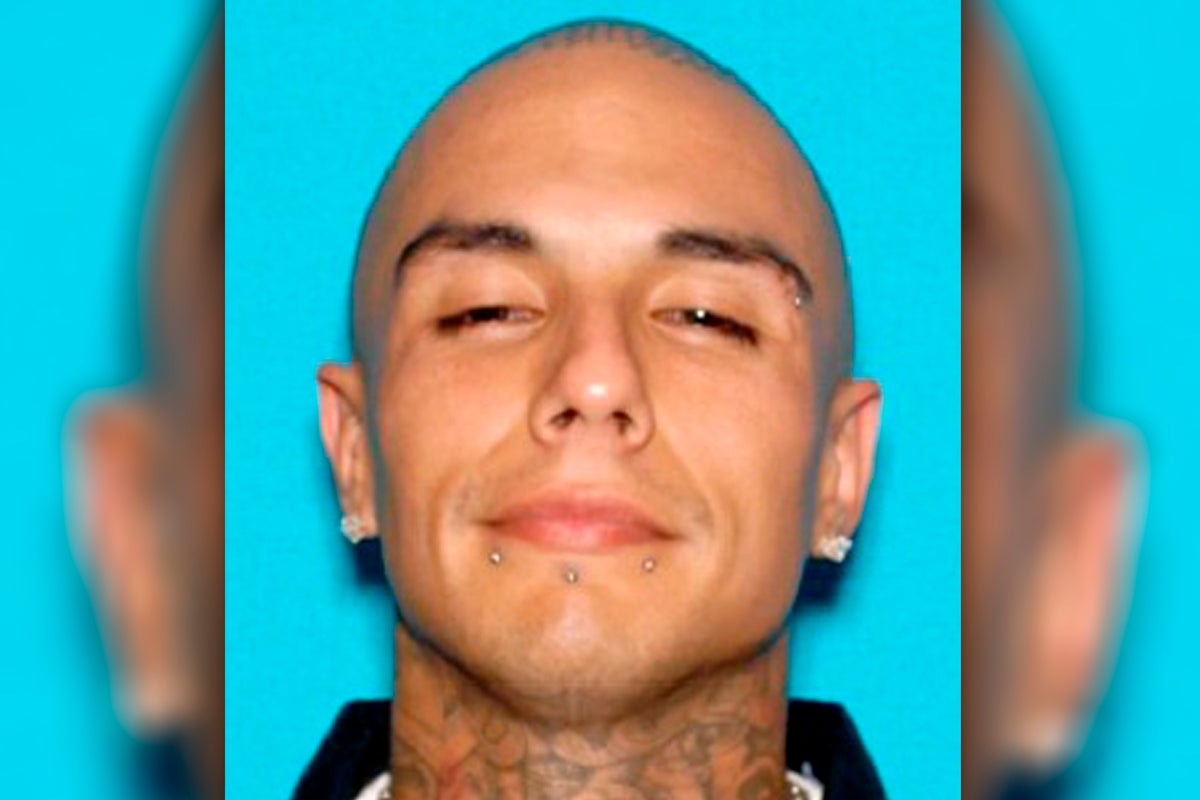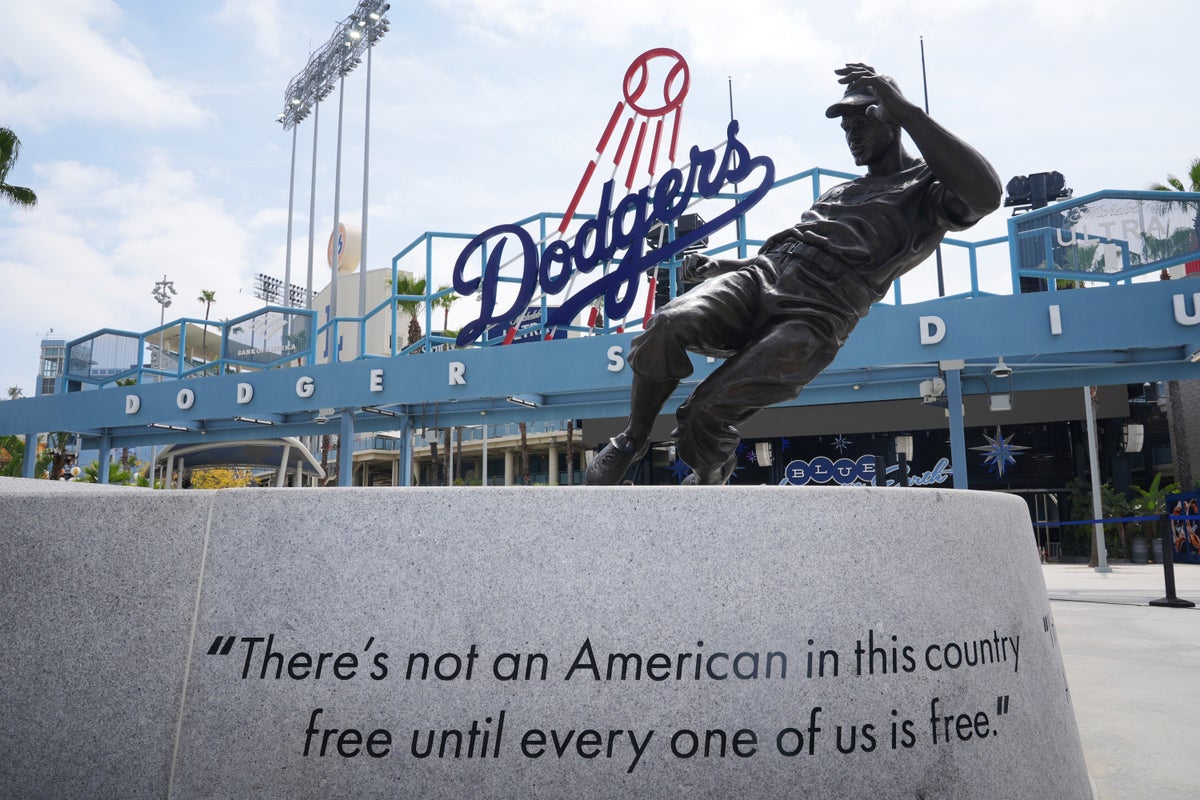The State Department is restarting interviews for student visas applicants after freezing any new interview appointments for nearly a month.
Last month, the State Department ordered an immediate freeze as Donald Trump’s administration prepared to expand how it reviews applicants’ social media profiles while taking aim at college campuses over pro-Palestine demonstrations.
The new guidance directs embassies and consulates to “conduct a comprehensive and thorough vetting, including online presence, of all student and exchange visitor applicants,” including academic and vocational studies students (F and M visas) as well all applicants in educational and cultural exchange programs (J visas).
Those applicants will be instructed to change the privacy settings on their social media profiles to “public.” The new guidelines impact not only new applicants but also students whose applications are currently in progress.
A recent cable directs diplomats to review social media profiles for “any indications of hostility towards the citizens, culture, government, institutions or founding principles of the United States.”

Another instructs diplomats to screen for “advocacy for, aid or support for foreign terrorists and other threats to U.S. national security” and “support for unlawful antisemitic harassment or violence.”
If social media profiles are “private” or limited, “you should treat the case as any other where an applicant fails to provide certain information on request,” according to a cable reviewed by The Washington Post.
Another instruction, in bold, tells diplomats: “You must consider whether such failure reflects evasiveness or otherwise calls into question the applicant’s credibility.”
The new screening measures follow similar guidance from U.S. Citizenship and Immigration Services (USCIS) and language from across the administration as it targets campus dissent against Israel’s war in Gaza, which officials broadly characterized as antisemitic.
Last month, USCIS announced the agency was “immediately” reviewing immigrants’ social media accounts for what it considers “antisemitic activity” that could be used as evidence to deny them legal status in the United States.
“This will immediately affect aliens applying for lawful permanent resident status, foreign students and aliens affiliated with educational institutions linked to antisemitic activity,” according to the agency.

The measures follow a series of high-profile arrests of international students and academics for their roles in campus activism. Secretary of State Marco Rubio has said he “proudly” revoked hundreds of student visas in response.
Trump has zeroed in on campus activism at prestigious universities, including Harvard University, one of a handful of institutions that has pushed back against the administration’s funding threats. The Department of Homeland Security accused the university of fostering “anti-American, pro-terrorist agitators.”
DHS also ordered the administration to “terminate” the university’s certification for enrolling international students, and commanded all currently enrolled foreign students to leave the university or risk losing their legal status in the country. A federal judge temporarily blocked the order.
Trump signed two executive orders that critics fear are being used to chill speech in support of Gaza and Palestine by conflating demonstrations with antisemitism and support for Hamas.
One declares U.S. policy to “ensure” noncitizens “do not … advocate for, aid, or support designated foreign terrorists and other threats to our national security.” A fact sheet for another executive order pledges “immediate action” to “investigate and punish anti-Jewish racism in leftist, anti-American colleges and universities” with a promise to “deport Hamas sympathizers and revoke student visas.”
“Every visa adjudication is a national security decision,” the State Department said in a statement on Wednesday. “The United States must be vigilant during the visa issuance process to ensure that those applying for admission into the United States do not intend to harm Americans and our national interests, and that all applicants credibly establish their eligibility for the visa sought, including that they intend to engage in activities consistent with the terms for their admission.”
Last month, Rubio said he plans to “aggressively revoke” Chinese student visas, targeting students with “connections to the Chinese Communist Party” and those who are “studying in critical fields.”
The two-sentence announcement blindsided universities and foreign students who have been scrambling for guidance about what comes next for the thousands of international students on American campuses.
Officials did not publicly say how they’re deciding whether they believe students are connected to the country’s ruling party or what those “critical fields” of study even are.
More than 1.1 million international students were enrolled in American universities within the last school year.
Those students contributed roughly $43.8 billion a year to the U.S. economy and supported more than 378,000 jobs, according to the National Association of Foreign Student Advisers.

 4 hours ago
1
4 hours ago
1









